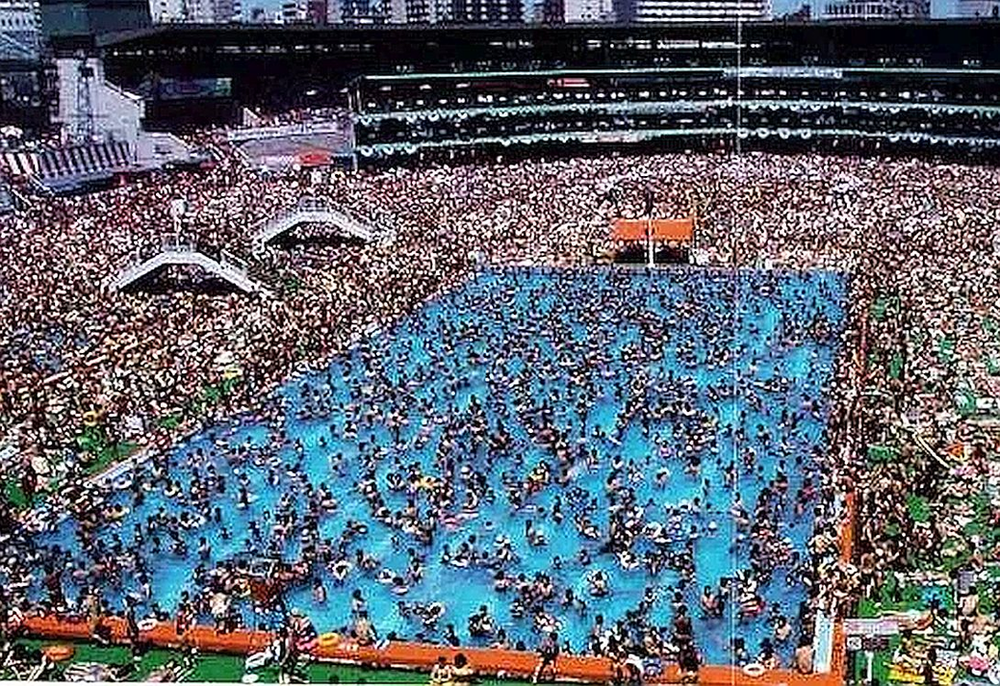
I once had a boss whose favorite analogy for chaos in an organization was a swimming pool with no swim lanes. This metaphor represented an environment in which anyone is free to swim anywhere desired or allowed without consideration to order or the others swimming in the same pool.
In the early twentieth century, Emile Durkheim made popular the concept of anomie, a condition or society in which social (externalized) restraints, norms, expectations, or limits are subjugated to the primacy of the individual. It comes from the Greek – “no laws.” It reflects a culture lacking the external restraints that are useful in limiting excessive verbiage and actions once internalized. Hubris indicates extreme pride, arrogance, or assurance of being the only valid and reliable font (source) of wisdom and knowledge. It is characterized by mocking or dismissing anyone foolish, ignorant, uneducated, or simple enough to disagree with the truth-holder. It is often portrayed in Johari Window terms by a rather large blind spot; a failure to see the hubris in one’s actions or words, or the anomie that is often the result.
In my career, I worked in institutions of higher education, K-12 school districts, churches, and for-profit corporations. In each of these, on occasion I have seen hubris, anomie, and a lack of swim lanes in organizations and their leadership. Without exception, the result has been, at best less-than-optimal functioning and at worst, chaos. In organizations characterized by hubris, anomie, and a lack of swim lanes, blind spots may lead those creating the dysfunction to look outside the organization for its cause. Organizations or individuals with a narrow orthodoxy of allowed or accepted perspectives are especially susceptible to these dysfunctions.
It appears to me that we are now facing something similar on a much more global scale in our social interactions. Political leaders of all parties on local and national levels are characterized by hubris. Those engaged in social networking with its lack of swim lanes may exhibit this hubris. This arrogance would not typify them in a more direct form of personal dialogue, but anyone who disagrees with them in a social networking environment may be demonized, together with a direct disregard for the validity of the other’s position.
As a society, the United States is becoming less civil as well. Social norms, are losing way to anger, resistance, and violence perpetrated more and more on an individual basis without regard for the other. Dialogue is a dying art. The proverbial put-down has become the toxic take-down. The opportunity is lost to learn, stretch, grow and change from social interactions with those who hold different views.
In our hubris, anomie, lack of swim lanes, and blind spots, we post without boundaries; we share without sourcing; we mock without consideration of the other. We lose the social and civil threads that hold the fabric of society together. We don’t hesitate to dehumanize our “opponents,” especially in the political arena. Furthermore, we dig into the apple barrel of our experience, beliefs, and biases and pull out the apple we identify as the fact, the truth, the only apple in the barrel worth munching on.
Please remember the wisdom of George Bernard Shaw – “If you have an apple and I have an apple, and we exchange those apples, then you and I will still each have one apple. But if you have an idea and I have an idea, and we exchange these ideas, then each of us will have two ideas.” Wouldn’t that be better for all of us?
